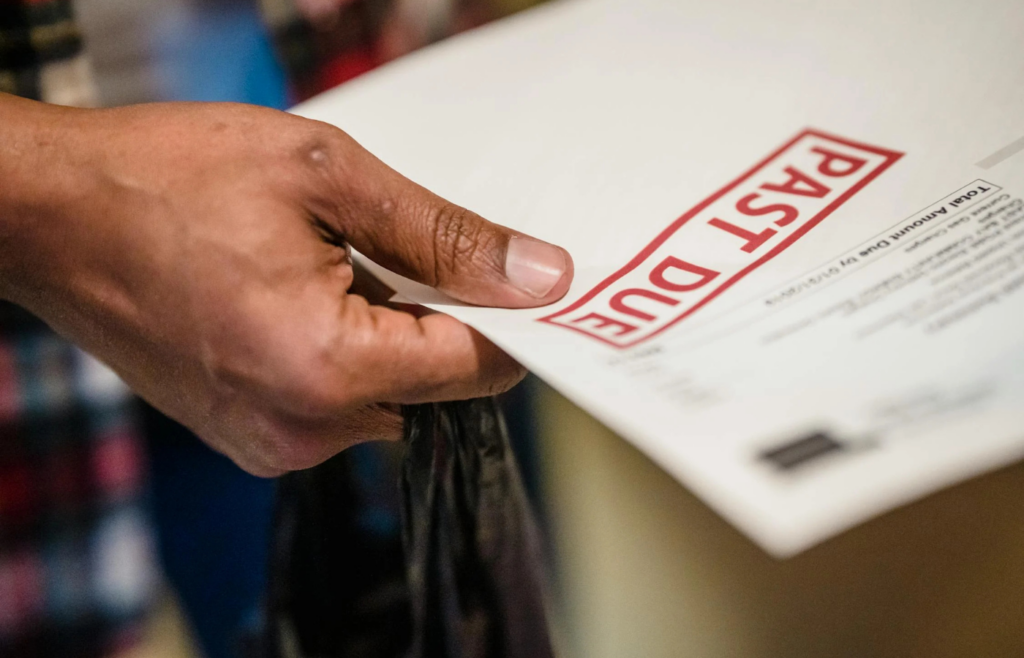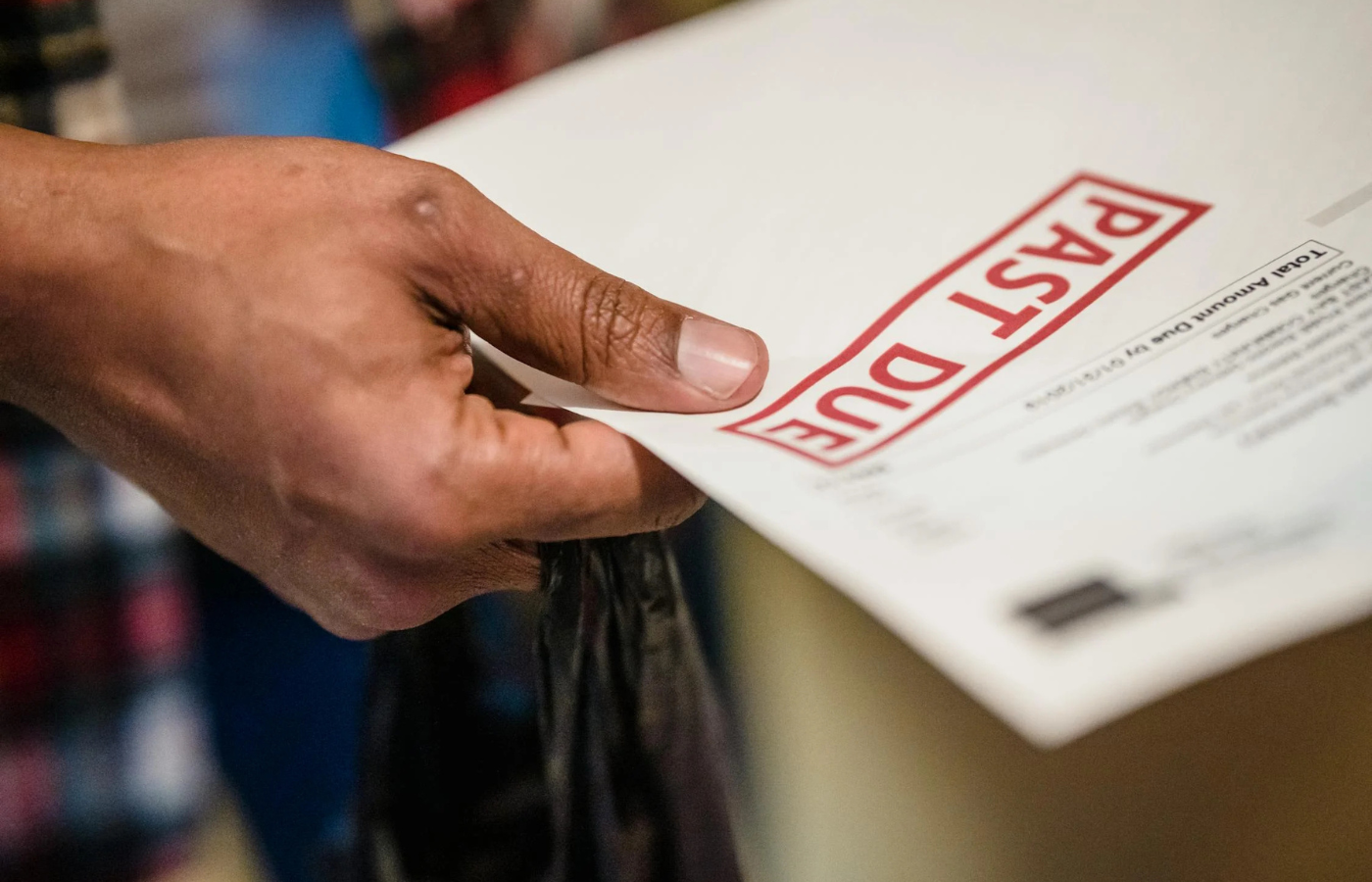Unintentional financial habits can quietly erode your wealth over time. Recognizing and addressing these behaviors is essential for achieving financial stability.
Recognizing these habits can be difficult – more if you are the kind of person who is not aware of his spendings. Here are 15 common money habits that might be keeping you broke:
1. Living Beyond Your Means

Spending more than you earn leads to debt accumulation and financial stress. It’s crucial to align your lifestyle with your income to avoid this trap.
2. Neglecting to Budget

Without a clear budget, it’s challenging to track expenses and manage finances effectively. Creating and adhering to a budget provides a roadmap for your spending and savings goals.
3. Not Saving for Emergencies

Lacking an emergency fund can force you into debt when unexpected expenses arise. Aim to save three to six months’ worth of living expenses to cushion against unforeseen financial shocks.
4. Paying Only the Minimum on Credit Cards

Making only minimum payments prolongs debt and increases interest charges. Strive to pay off the full balance each month to avoid unnecessary interest.
5. Impulse Buying

Unplanned purchases can derail your budget and lead to clutter. Implementing a waiting period before buying non-essential items can help curb impulse spending.
6. Ignoring Retirement Savings

Delaying retirement contributions can result in insufficient funds during your later years. Starting early allows your investments to grow through compound interest.
7. Overusing Credit for Lifestyle Upgrades

Financing a lavish lifestyle with credit leads to debt accumulation and financial instability. It’s important to live within your means and avoid using credit for non-essential upgrades.
8. Not Tracking Small Expenses

Small, frequent purchases can accumulate into significant expenses over time. Monitoring these can reveal opportunities to save.
9. Delaying Debt Repayment

Postponing debt payments can lead to increased interest and damage your credit score. Prioritizing debt repayment helps reduce financial burdens.
10. Overlooking Financial Education

A lack of financial literacy can result in poor money management decisions. Investing time in understanding personal finance empowers you to make informed choices.
11. Succumbing to Lifestyle Creep

Increasing spending in tandem with income growth can prevent wealth accumulation. Maintaining previous spending levels despite income raises allows for greater savings and investments.
12. Not Comparing Prices

Failing to shop around for better deals can lead to overspending. Taking time to compare prices ensures you get the best value for your money.
13. Skipping Regular Financial Reviews

Without periodic assessments of your financial situation, it’s easy to veer off track. Regular reviews help adjust your budget and savings plans as needed.
Read More: 10 Common Investing Fears (And Whether They’re Actually Valid)
14. Relying Heavily on Sales and Discounts

Purchasing items just because they’re on sale can lead to buying things you don’t need. Focus on buying necessities, regardless of promotions.
Read More: I Took a Pay Cut for Work-Life Balance — Was It Worth It?
15. Not Setting Financial Goals

Without clear financial objectives, it’s challenging to stay motivated and measure progress. Setting specific, achievable goals provides direction for your financial decisions.
By identifying and modifying these habits, you can pave the way toward improved financial health and stability.
Read More: The 10 Most Common Ways People Underestimate Retirement Costs






